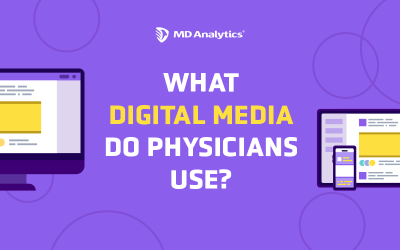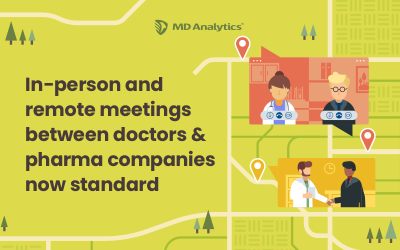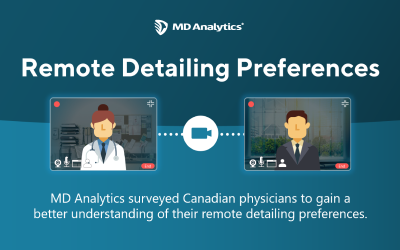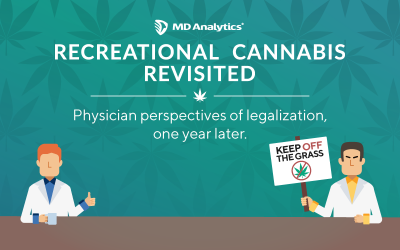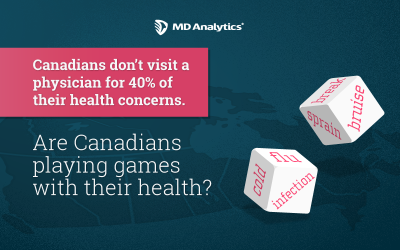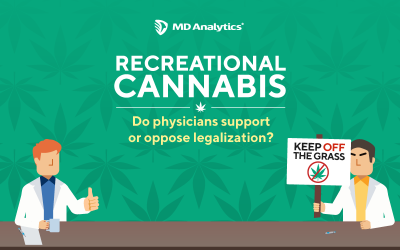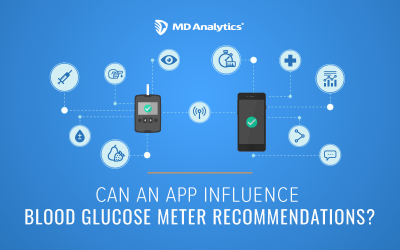Physicians are spending, on average, two hours a day using websites and social media for professional purposes. The increasing reliance on digital media is transforming how physicians engage with crucial product information.
This infographic delves into the insights of our most recent study, exploring which social media channels physicians prefer for professional use, their perceived appropriateness, and the platforms where they welcome interactions with pharmaceutical companies.

